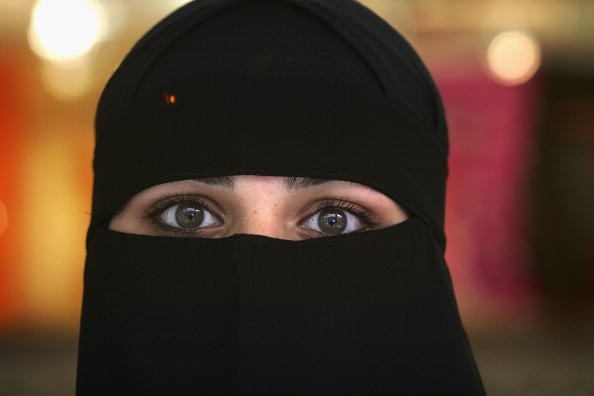Face recognition is allegedly used to identify Iranian women violating the hijab laws.

In 2022, the Iranian government already confirmed its plans to use this technology to enforce new hijab regulations.
Mohammad Saleh Hashemi Golpayegani, Iran's Headquarters for Promoting Virtue and Preventing Vice, confirmed this plan.
As of writing, Iran hasn't confirmed if it is using the surveillance tech for the said reason.
But, some instances show that face recognition is already identifying women violating hijab laws.
Is Iran Using Face Recognition to Identify Women Breaking Hijab Laws?
According to The Wired UK's latest report, many Iranian women believe that authorities already use surveillance tech to capture hijab law violators.

Mahsa Alimardani, a University of Oxford researcher focusing on freedom and expression in Iran, explained that many Iranian women are receiving citations in the mail for hijab violations.
She added that these ladies had no interaction with law enforcement officers.
This shows that the women were identified using a technology that recognizes people without physical confrontation.
If Iran does use face recognition to impose hijab laws, it would be the first known instance that a government is using surveillance tech to ensure women follow dress law based on religious belief.
Hijab Law: Are Men Also Required to Follow?
ABC News reported that the Iranian government would imprison anyone who violates the hijab laws.
Violators can be imprisoned for up to two months. In some instances, women are even flogged with 74 lashes.
For the past few years, the Iranian government has been strict with its hijab laws. Girls as young as seven years old are being forced to follow these dress code regulations.
Iranian men are also subjected to clothing laws. These include wearing Islamic clothes, caps, and growing beards.
If you want to learn more details about Iran's hijab laws, you can click this link.
Other face recognition tech stories we recently wrote:
A previous study claimed that face recognition works best for people with light skin and less accurately for people of color.
Tencent's face recognition was previously introduced to prevent kids from playing too many video games.
For more news updates about face recognition and other surveillance technologies, keep your tabs open here at TechTimes.

ⓒ 2025 TECHTIMES.com All rights reserved. Do not reproduce without permission.




